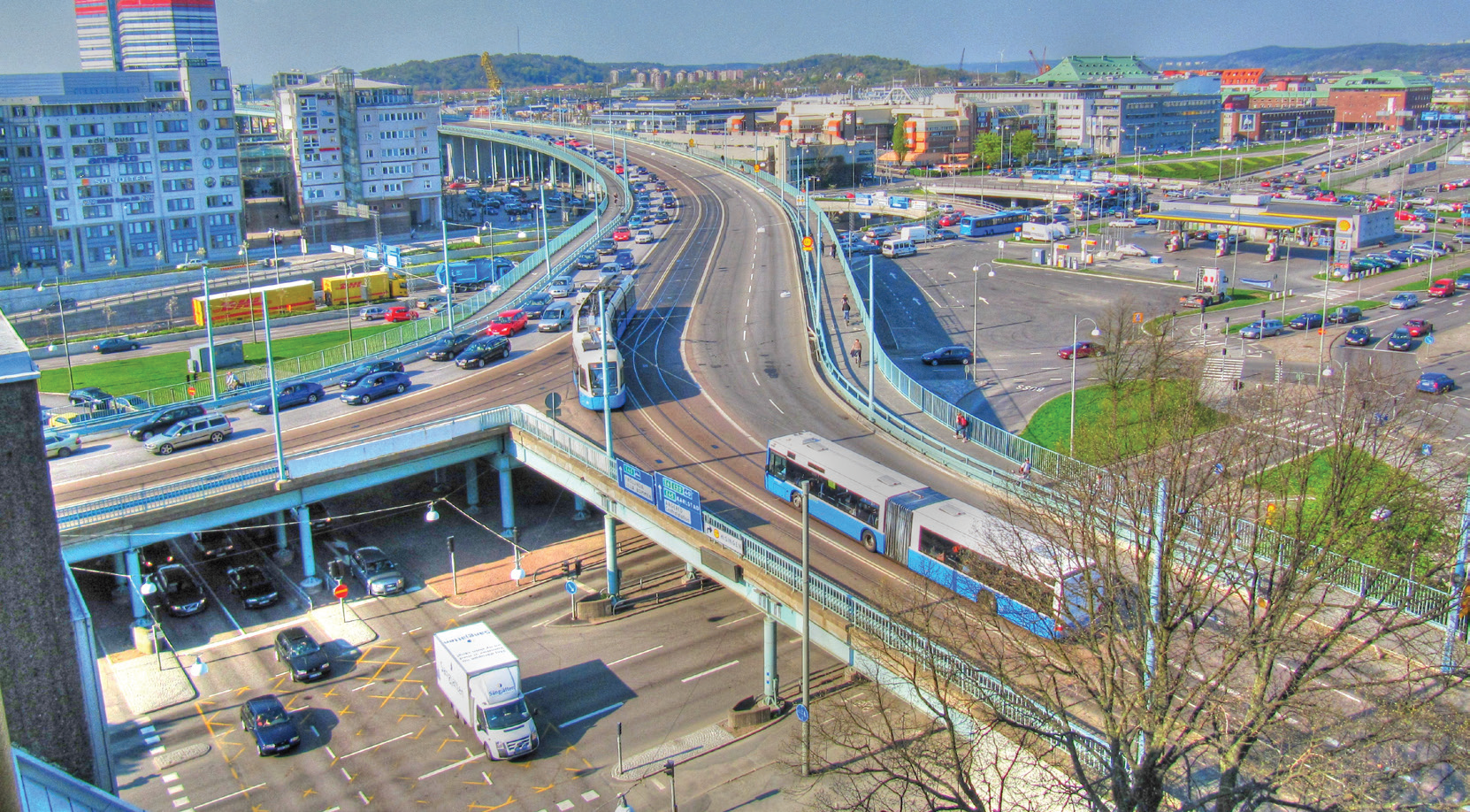
VitalNodes - Establishing a network of experts to provide evidence-based recommendations for vital urban nodes along the TEN-T corridors
funding programmeHorizon 2020 | clientn/a | durationNovember 2017 - October 2019 |
Vital Nodes aimed to enable the efficient, sustainable transportation of goods via urban TEN-T nodes (urban areas) by bringing together existing European, national and regional networks.




EuroVienna's services
Project and financial management:
- Project management and coordination with the lead partner;
- Content-related contributions to the individual work packages;
- Quality control;
- Financial management;
- Reporting.

Project summary
The aim of Vital Nodes was to improve European connectivity while developing sustainable mobility within the urban nodes of the Trans-European Transport Network (TEN-T).
Vital Nodes was developed to achieve the following main objectives:
- Provide validated recommendations for a more effective and sustainable integration of all 88 urban nodes in the TEN-T corridors with a focus on freight logistics;
- Address network issues of the (freight logistics) transport and mobility system, but also spatial issues related to urban vitality: socio-economic development, spatial and environmental quality and quality of life;
- Establish a permanent European network of experts based on existing (inter)national and regional networks to ensure long-term continuity of knowledge and implementation.
Results and impact
Vital Nodes provided evidence-based recommendations for an effective and sustainable integration of nodes into the corridors of the TEN-T network. In particular, it addressed the multimodal and intermodal connection between long-distance freight logistics and the last mile, taking into account the interaction with passenger transport. It also supported the implementation of innovative measures in urban hubs and at the same time created a permanent European network of experts. Vital Nodes produced several important tools and results, which were summarized in a results brochure:
- Evidence-based policy recommendations for the integration of urban nodes into the Trans-European Transport Network (TEN-T) corridors;
- VitalNodes Toolbox: a process guide for the integration of urban mobility and TEN-T policy,
- Nodes Book: a comprehensive catalogue containing information on the urban nodes that have actively worked on the implementation of solutions for a sustainable integration of urban nodes into the TEN-T network;
- Network of networks: VitalNodes brings together existing networks to ensure long-term engagement of key experts.

Project partners:
- Rijkswaterstaat (Netherlands)
- Trafikverket (Sweden)
- Departement Omgeving Vlaanderen (Belgium)
- Uniresearch BV (Netherlands)
- Ecorys (Netherlands)
- Rupprecht Consult Forschung & Beratung GmbH (Germany)
- POLIS Network (Belgium)
- Urban Innovation Vienna (Austria)
- EuroVienna EU-consulting & -management GmbH (Austria)
- Eurocities (Belgium)
- Interregional Alliance for the Rhine-Alpine Corridor (Germany)
Projektraum:
- European Union
Website(s):
